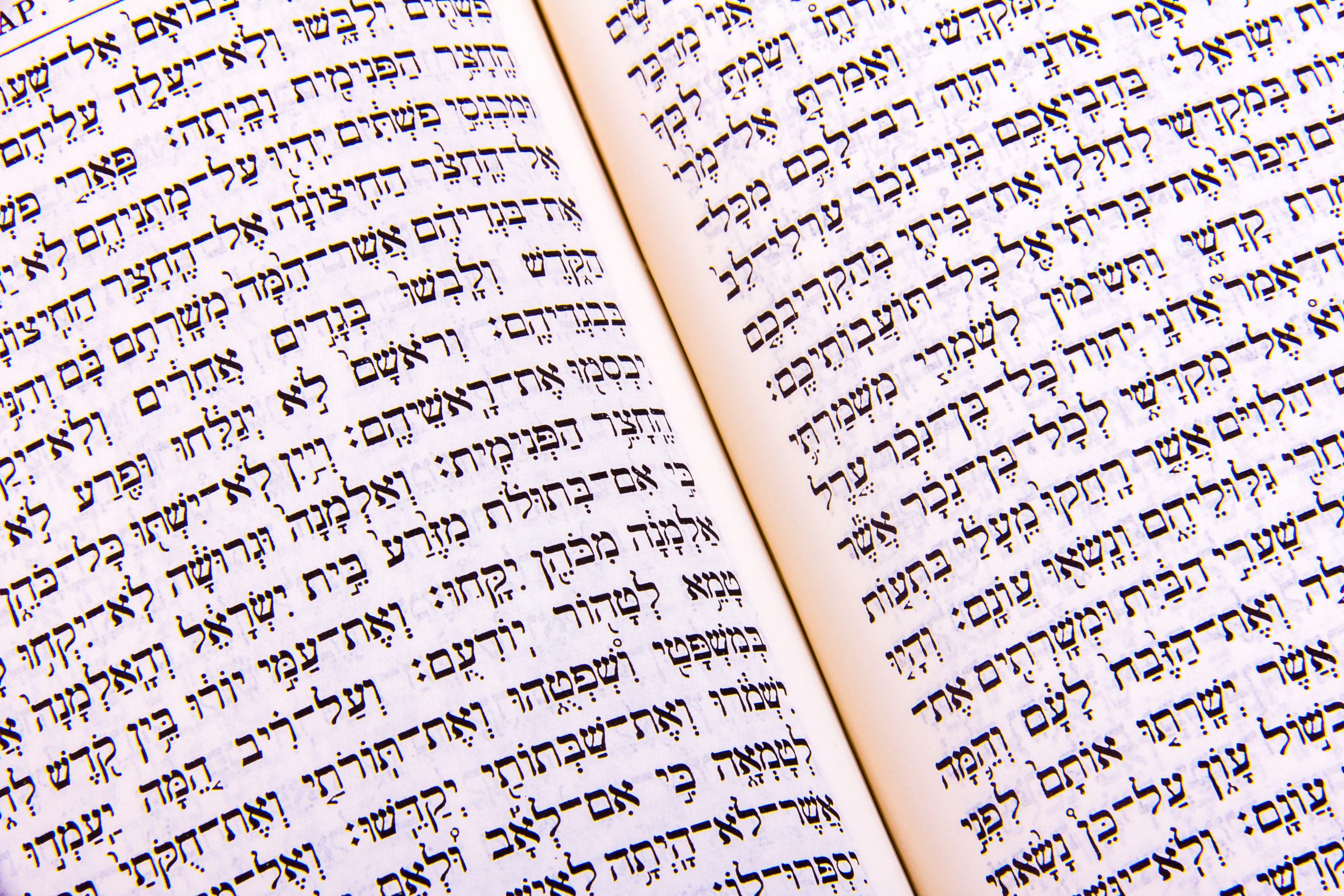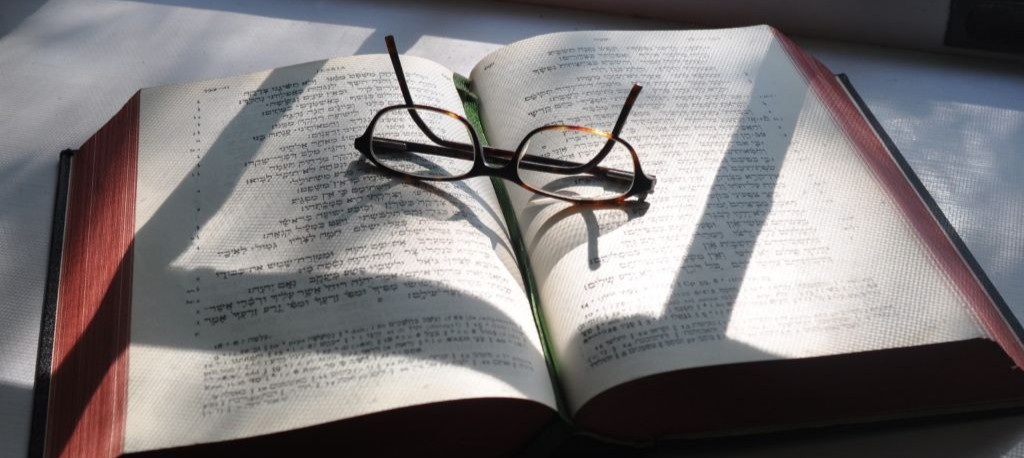
HEbrew Studies
Hebrew is considered by millions of people to be a sacred, sometime magical language. It is one of the oldest languages spoken today, and a pillar of Classical and Modern Western Culture. At the same time, Hebrew is a gateway to the culture, the media and the politics of the Middle East. In addition, Hebrew is an important component in the study of translation, beginning with the translation of the Bible and ending with Shakespeare’s The Merchant Venice.
Hebrew speakers are often recruited by government agencies and other organizations, and Hebrew scholars are often sought after by departments of Religion, Literature, Political Science, Anthropology and Translation Studies. The Hebrew track offers a diverse program that will lead you from the Hebrew alphabet into contemporary Israeli and Jewish Culture:
- Our courses in Hebrew Language in Israeli culture will teach you about Israel, its culture, history, literature and society.
- Our courses in Translation will teach you about the history of Jewish letters as well as the politics of the Middle East and their reflection in printed and electronic media.
- Our courses on the scriptures will present you with tools for reading the Bible, as well as for understanding the role of the scriptures in modern Israeli life.
- Our courses in Yiddish and about the Jewish Diaspora and the Holocaust will provide a gateway to understanding Jewish life in Eastern Europe, and provide an important component of Slavic and East European Studies.
Undergraduate Coordinator
Dr. Roy Holler
1120 Turlington Hall
royholler@ufl.edu
352-273-3765


